What Is the Importance Of Eating Grains?
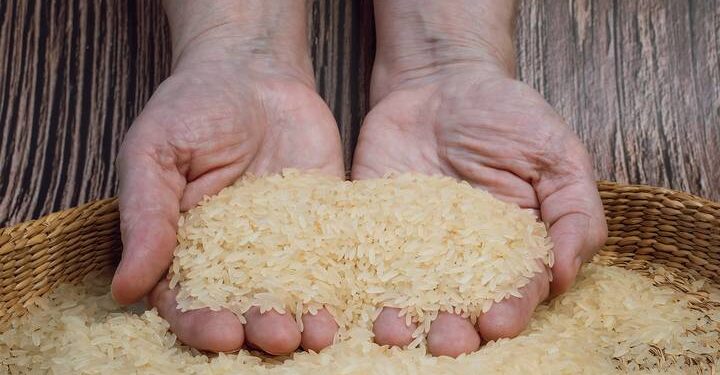
The production and consumption of grain across the globe are staggering, with almost every culture making them a staple in their diet. While different regions produce a variety of grains depending on their native species and climate, most have been adopted around the world.
Over a third of grain production is used for animal feed. Another 10 percent goes into commercial and industrial uses like alcohol, perfume and biofuel, and the rest we eat. Grains are prevalent in the world around us, used for many important activities and industries.
Should we be eating cereal grains? Absolutely! Here are six important reasons why humans should be eating grains.
1. Grains are vitamin and mineral dense.
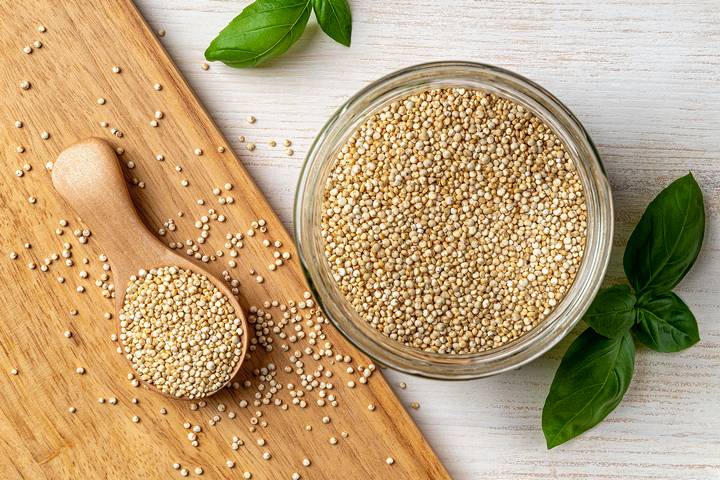
Our bodies are energetic machines that need fuel to function, and food rich in nutrients is ideal for powering them. Whole grains are a nutrient-dense staple in our diet, and we all need to be consuming a variety of grains every day.
Minerals in grains include:
- Zinc helps wounds heal and assists your immune system in fighting off viruses and bacteria.
- Magnesium helps with the conversion of food and the transmission of nerve impulses and helps the body absorb calcium.
- Manganese assists with the formation of bones and cartilage and activating enzymes, and handling oxidative stress.
- Iron produces hemoglobin and myoglobin for your body.
- Selenium regulates thyroid function and helps prevent cellular damage from the effects of free radicals.
- Phosphorus is vital for the growth, maintenance and repair of cells and tissues and the production of DNA and RNA.
- Copper assists with iron absorption, regulate blood pressure, and assists in melanin production.
Grains also include these B vitamins:
- Thiamin
- Riboflavin
- Folate
- Niacin
They assist with metabolism and help the immune system and nervous system. Some grains, like teff and amaranth, also have calcium and vitamin C.
And there are phytochemicals like phenolic acids, carotenoids, tocopherols, alkylresorcinols, benzoxazinoids, phytosterols, and lignans. These are the bioactive chemicals found in plants that reduce the risk of chronic disease.
2. Grains are high in fibre.
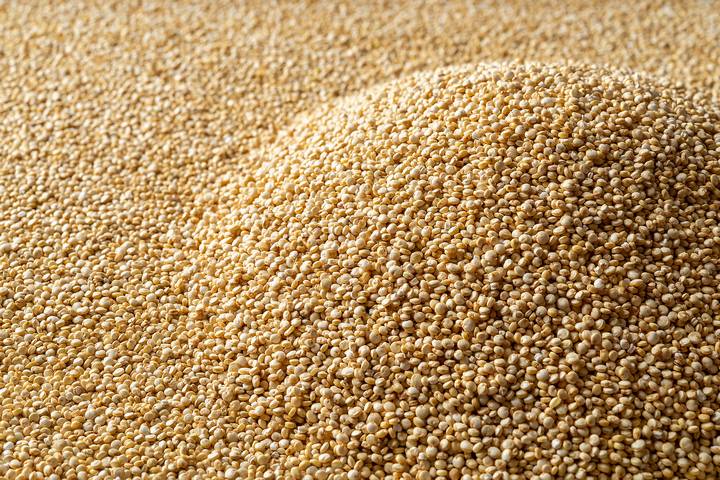
Fibre is an important part of a human’s diet because it’s beneficial to our health. The non-soluble type doesn’t get broken down through digestion. Instead, it acts as a scrub brush to clean the buildup of bacteria in our intestines and helps soften and bulk up the stool we pass daily.
Soluble fibre dissolves in our system, creating a gum that reduces sugar and blood cholesterol, improving our blood glucose levels. It also improves digestion. A healthy digestive system prevents diseases like diabetes, bowel cancer and heart disease and fibre is a natural and important part of our diets.
Grains must be grown under the correct conditions to preserve their fibre quantities. Poorly grown grains may lack the nutrients as their healthier counterparts. As such, many farmers invest in equipment and solutions to grow, harvest, and store grains properly. They use technologies like grain bin monitoring to ensure the crops are stored optimally.
3. Grains are a good source of protein.
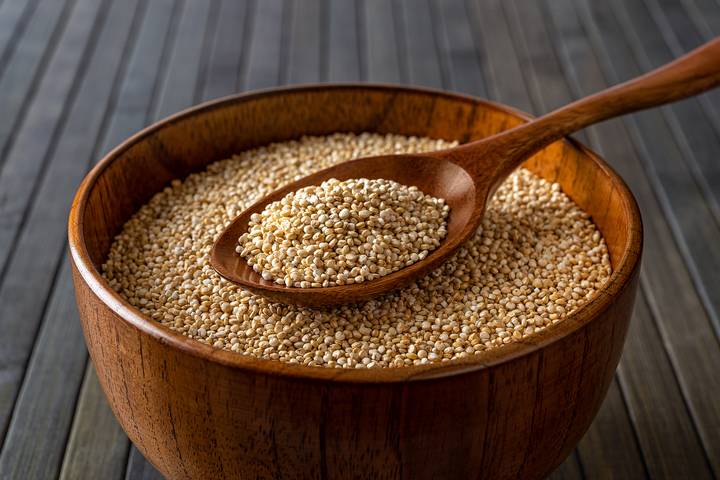
Are you looking for a good source of protein without eating meat? Then start eating grains.
Your body only produces 11 out of the 20 essential amino acids that make our proteins, so we must get the rest from our diet. You need to eat various grains to get those other nine and legumes or nuts. The grains with the highest protein content are:
- Oats
- Cornmeal
- Buckwheat
- Teff
- Sorghum
- Kamut
- Wild rice
- Amaranth
- Quinoa
- Couscous
Want to start adding grains to your diet? Here are some suggestions:
- Start your morning off with oatmeal. It warms you up and keeps you full for hours.
- Buy whole-grain cereals, bread and pasta. The whole family will love it, and you are getting all the nutritional benefits.
- Choose healthier snack options with grains like rice cakes, whole-grain crackers, and popcorn.
Use whole grain flour in your baking. - Experiment with various grains to see what they are family-like, and add them to your regular rotation.
Getting away from processed, nutrient-void foods is how we keep the doctor away. Add grains to your diet and if you already do, transition to whole grains and make them part of your everyday nutrition. These miraculous grass seeds thrive on this planet for a reason.
4. Grains fill you up.
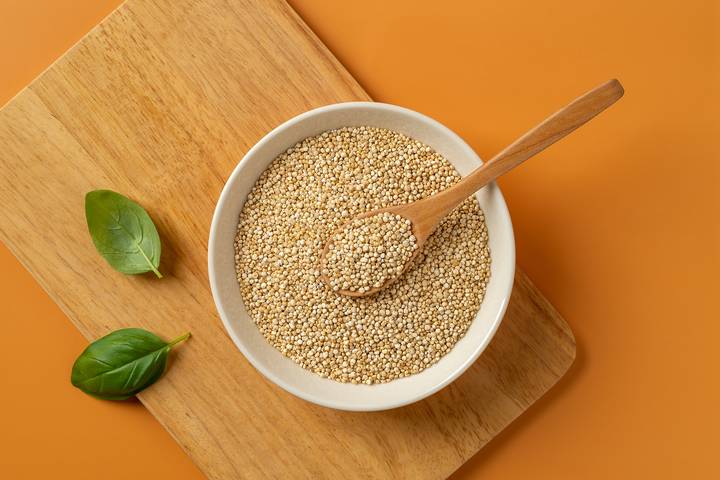
There is nothing worse than eating a meal and getting hungry an hour later. This causes repetitive eating, which isn’t good for the body as it is constantly spiking insulin to deal with digestion, and the stomach never gets empty. You can also disrupt the cycle of digestion, absorption and elimination.
Whole grains are complex carbohydrates that will fill you up and digest slower, leaving you satisfied after a meal. You will be satiated longer, and they help you with portion control. Including grains on your plate is a smart way to feel satisfied.
5. Grains lower chronic disease.
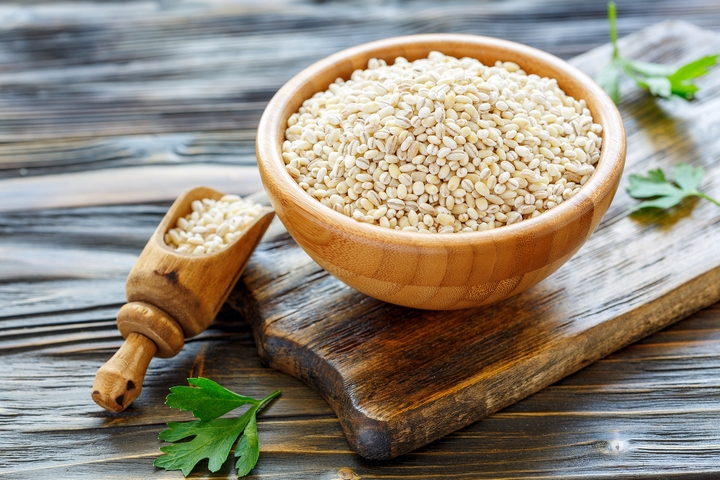
Chronic disease is defined as a condition lasting for more than a year and requires ongoing medical support while restricting daily activities. These conditions include cancer, diabetes and heart disease.
Inflammation is a major culprit in chronic disease, and whole grains play a part in lowering that inflammation by keeping your blood sugar from spiking. Whole grains also cut C-reactive protein levels, an inflammation marker in the body linked to pregnancy and fertility problems, type 2 diabetes and heart disease.
Grains can help lower blood cholesterol, blood pressure, triglycerides, insulin, and chronic disease risk factors. Other conditions like asthma, allergies and gum disease benefit from consuming healthy grains.


